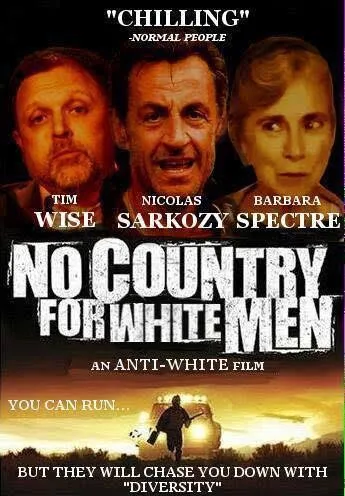Book of Acts Chapter 14
Book of Acts Chapter 14 - 09-20-2013
XIV 1 And it happened in Ikonion that upon them entering into the assembly hall of the Judaeans and speaking thusly, that a great multitude of both the Judaeans and the Greeks were believing.
Ikonion, or Iconium as it is popularly spelled in modern times, is the principle city of Lycaonia (Lukaonia). Diodorus Siculus says little concerning the Lukaonians, as does Strabo, who only says that they are “barbarians” (non-Greeks) and he tells us that neither they nor their country are mentioned by Homer (Geography 12.3.27 and 14.5.27). The name Lukaon from which it is apparently derived belonged to several early heroes of Greek writing, including a son of the Trojan King Priam, and the district may have been named for one of them. There is no mention of Lycaonia in Herodotus. The city of Iconium itself was a Greek city-state which was said in legend to be founded by Perseus, an early mythological figure of the Danaan Greeks who was also said to have vanquished the former population. However Xenophon, writing in the early 4th century BC, calls Iconium “the last city of Phrygia” in his Anabasis (1.2.19). In more ancient times, the land apparently belonged to the Phrygians, who were related in the ancient Greeks poets to the Lydians. The Lydians are mentioned as Lud, the son of Shem, in Genesis chapter 10, and again in Isaiah 66:19 as one of the places to which Yahweh would send the dispersed of the children of Israel. By the end of the 7th century BC, most of Phrygia had been destroyed by the Kimmerians, who were indeed a group of the dispersion of Israel. At the end of the 3rd century BC the area was settled by the Galatae, and Galatia was to its north. These were also descended from the dispersions of Israel, and Galatae was in early times a general name given to the Germans and Gauls by the Greeks. Trojans, Phrygians and Galatians would all have been considered as barbarians to Strabo, however the principle residents of the city itself appear to have been Greeks. Strabo calls Iconium “a town that is well settled and has a more prosperous territory than the” plateaus of the Lycaonians. We shall see later in this chapter that some of these “Barbarians” are found in Lystra, another city in which Paul preaches.







 Please click here for our mailing list sign-up page.
Please click here for our mailing list sign-up page.







